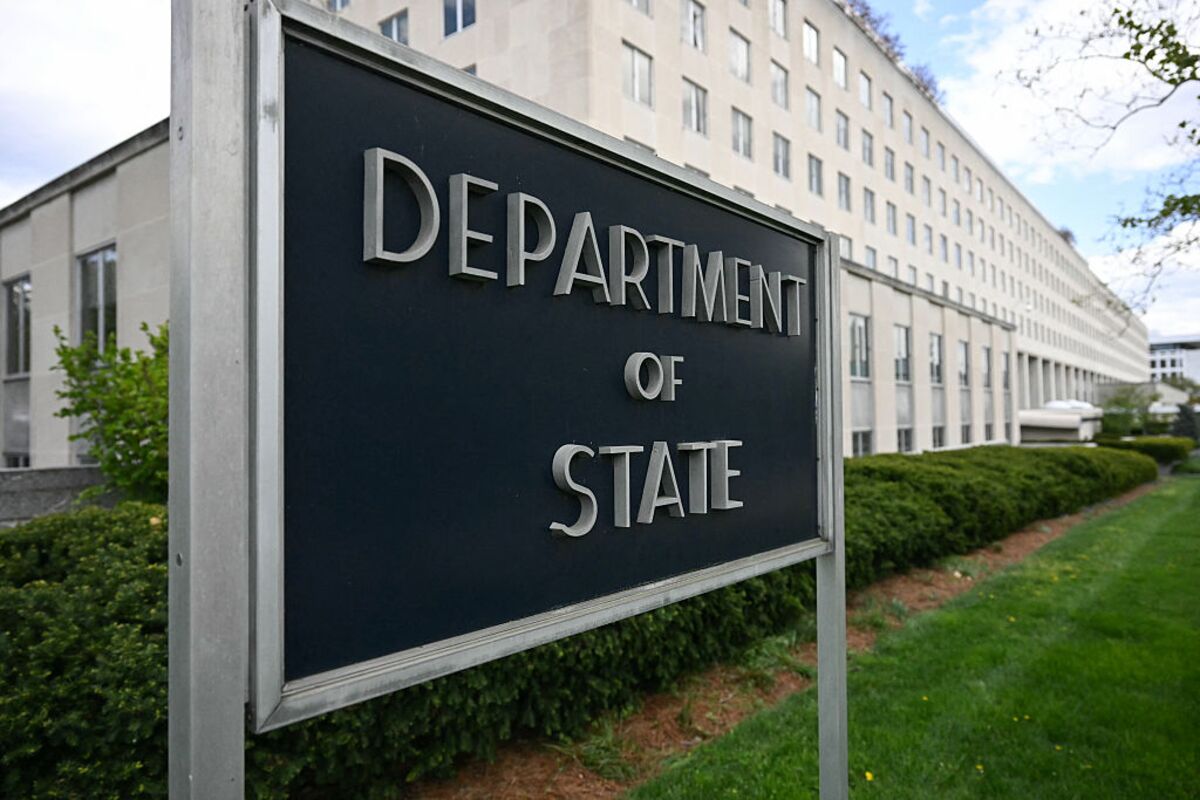Radical Reshaping: Trump's State Department Vision
Donald Trump's presidency brought a dramatic shift in the landscape of American foreign policy, and nowhere was this more evident than in his administration's approach to the State Department. This article delves into the significant reshaping of the State Department under Trump, exploring its motivations, impacts, and lasting legacy. We'll analyze the key changes, examining both the intended goals and the unintended consequences of this radical transformation.
A Vision of "America First": Redefining the Role of Diplomacy
Trump's "America First" doctrine fundamentally altered the perceived role of the State Department. Rather than prioritizing global engagement and multilateral diplomacy, the Trump administration emphasized a more transactional and nationalistic approach. This meant:
-
Prioritizing bilateral deals over multilateral agreements: The withdrawal from the Trans-Pacific Partnership (TPP) and the Paris Agreement on climate change exemplify this shift. These decisions, justified on grounds of national economic interests, signaled a departure from decades of US leadership in international cooperation.
-
A focus on "deals" and immediate tangible results: The emphasis shifted from long-term strategic partnerships to immediate, measurable gains. This approach sometimes prioritized short-term benefits over broader, long-term strategic goals.
-
Increased skepticism towards international institutions: The Trump administration frequently criticized international organizations like the United Nations and NATO, viewing them as inefficient or detrimental to American interests. This led to reduced US engagement and funding in these bodies.
Personnel Changes and Budget Cuts: Hollowing Out Expertise?
The reshaping of the State Department extended beyond policy. Significant personnel changes and budget cuts dramatically impacted the department's capacity and expertise.
The Exodus of Experienced Diplomats:
Many seasoned diplomats resigned or were forced out, creating a leadership vacuum and a loss of institutional knowledge. This brain drain significantly hampered the department's ability to effectively conduct foreign policy.
Budgetary Constraints:
Budget cuts further weakened the department's operational capacity, limiting its ability to effectively engage in diplomacy worldwide. This constrained travel, staffing levels, and program implementation.
Consequences and Long-Term Impacts: A Divided Legacy
The radical reshaping of the State Department under Trump had profound and lasting consequences, both intended and unintended.
Intended Consequences (from the Trump administration's perspective):
- Greater focus on national interests: The administration argued that its approach prioritized American interests above all else.
- Increased negotiating leverage: The administration believed its more assertive stance gave it a stronger position in international negotiations.
- Reduced burden of international commitments: The withdrawal from various international agreements was seen as freeing up resources and reducing constraints on American sovereignty.
Unintended Consequences:
- Weakened alliances: The administration's approach strained relationships with key allies, creating uncertainty and undermining trust.
- Increased global instability: The withdrawal from international agreements and the reduced engagement in multilateral diplomacy arguably contributed to increased global instability.
- Erosion of soft power: The perception of the US as a less reliable and engaged global partner diminished its soft power and influence on the world stage.
Analysis and Conclusion: A Legacy of Uncertainty
Trump's reshaping of the State Department represents a significant departure from traditional American foreign policy. While the administration's goals of prioritizing national interests and achieving immediate tangible results were clear, the long-term consequences remain a subject of ongoing debate. The significant reduction in institutional expertise and the strained relationships with key allies raise serious questions about the effectiveness and sustainability of this approach. The lasting impact on American diplomacy and the country's global standing remains to be fully assessed. The Trump administration's legacy on the State Department continues to be debated and analyzed, and its effects will likely be felt for years to come. The question remains: did the radical reshaping achieve its intended goals, or did it ultimately weaken American influence and security?
